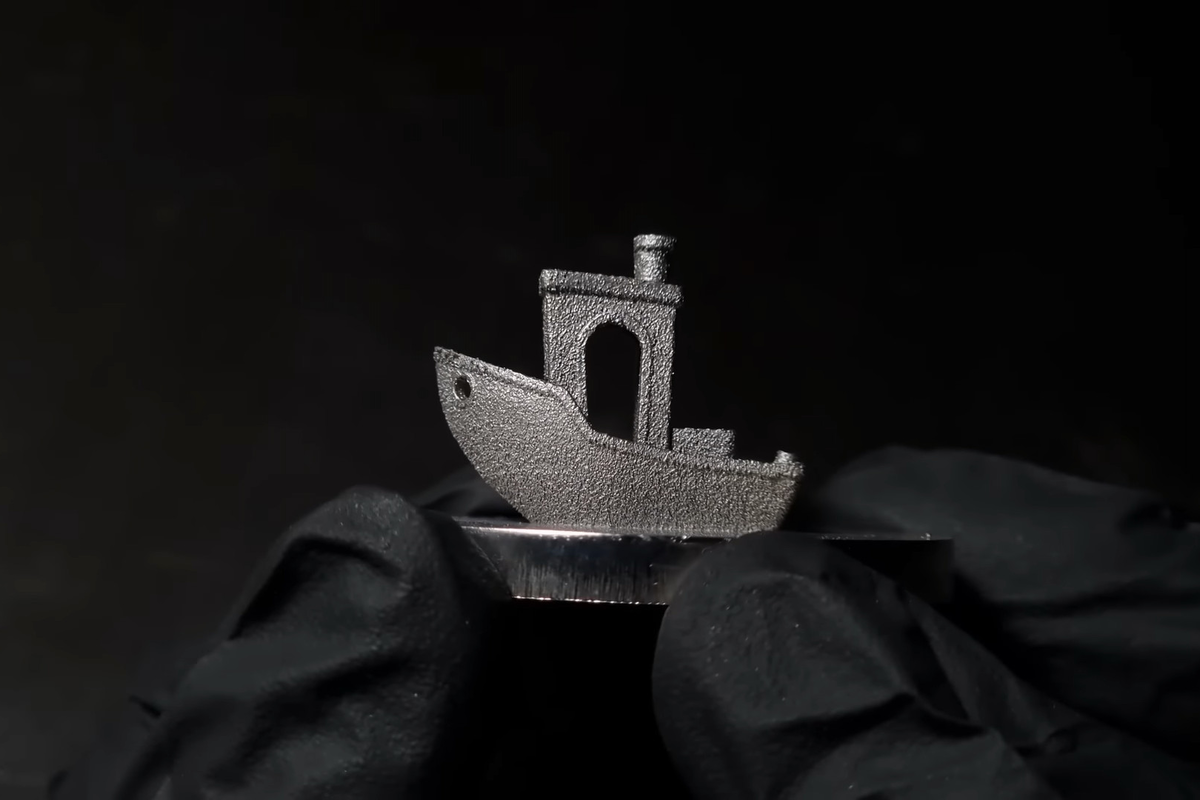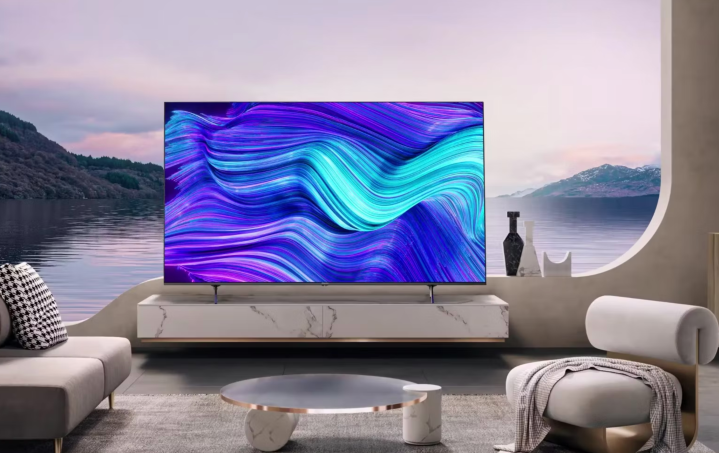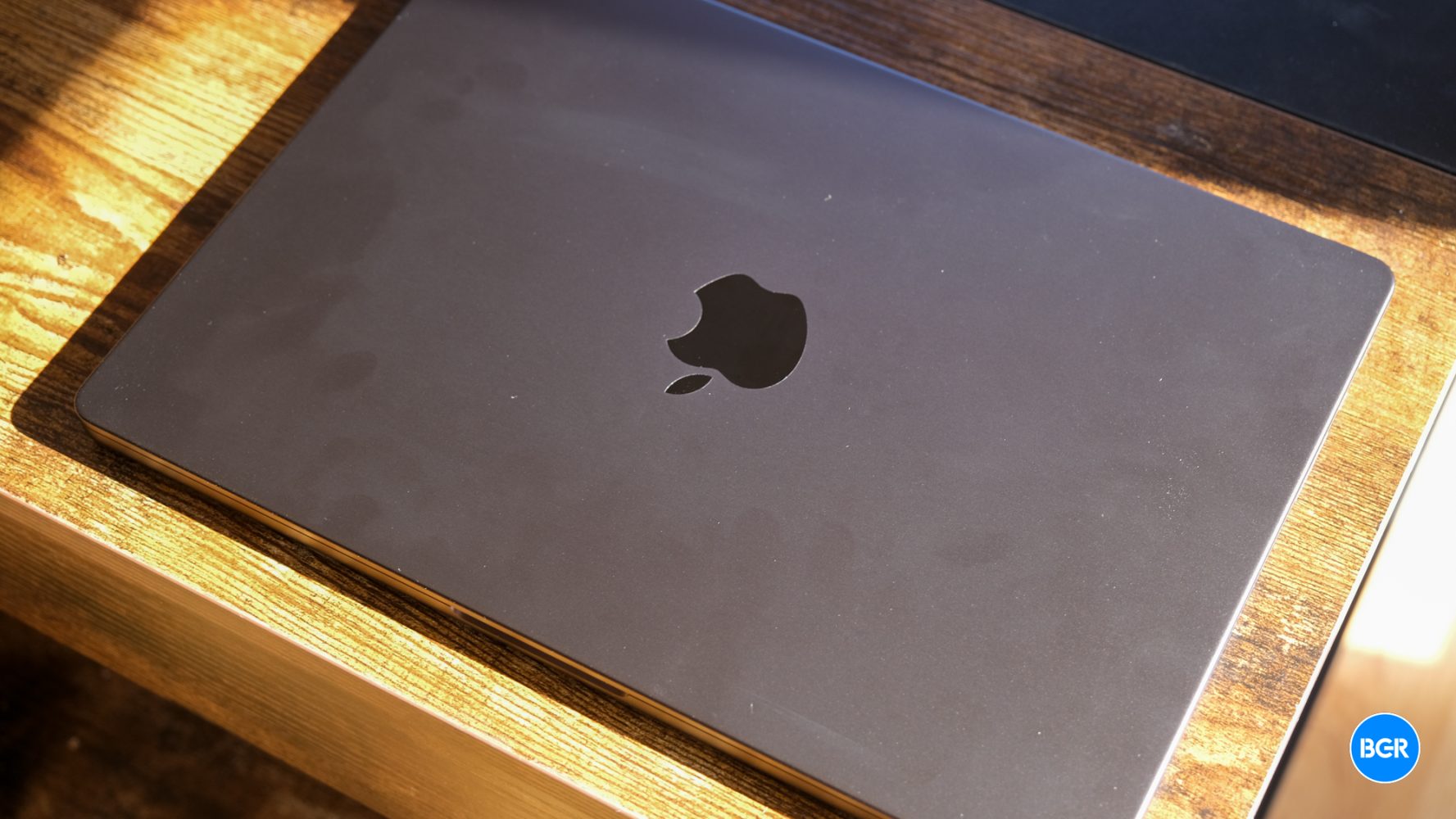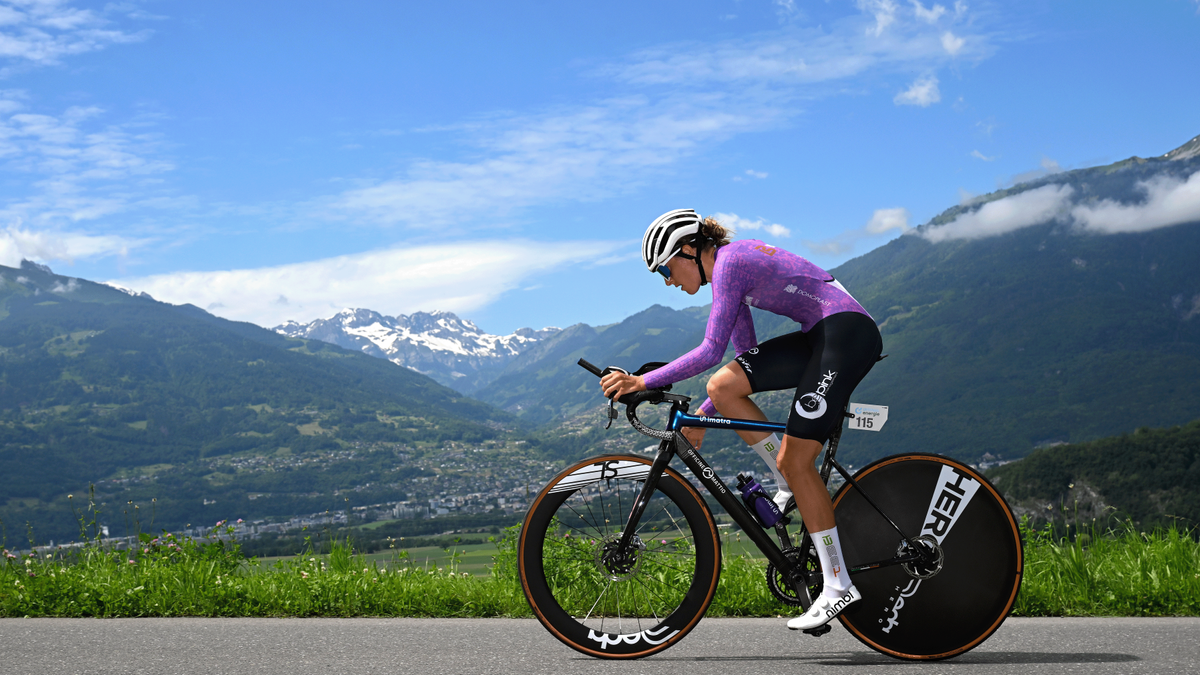
or signup to continue reading If you were to line up the all-new next to the existing model, you'd almost think they were made by different companies. The German carmaker's third-generation mid-size SUV looks vastly different – rounder, more subtle in its design cues, and arguably more approachable than the edgy-looking model that came before it. And after spending some time in the new Tiguan in Germany recently, we can confirm it's also more practical, thoughtful, high-tech and likeable to drive, too.
Here's a preview of what to expect when the new-gen Tiguan lineup arrives here in the second quarter of 2025. Australian pricing for the new Tiguan has not been announced yet, but the brand has stated that it has no plans to offer a cut-price $40K model to compete with base-spec examples of its medium SUV rivals. According to Volkswagen Australia, its customers want higher levels of standard specification and they're willing to forego a more powerful engine to achieve that goal if it meets a palatable price point.

As a result, you can expect new-gen Tiguan pricing to start around $50,000 – hopefully just under – for the entry-level 110TSI front-wheel drive variant, while the mid-spec 150TSI all-wheel drive will add some power and practicality to the equation for family buyers, most likely for less than $60K. And at the top of the range will be the 195TSI R-Line, a sportier looking and driving flagship with the same engine that features in the Mk8.5 Golf GTI, but with more torque and AWD.
It could cost north of $63K. The big changes aren't just on the outside – it's inside where the new Tiguan really steps things up. There's a massive new 15.
0-inch touchscreen available, with wireless Apple CarPlay and Android Auto, satellite navigation, and even a connected voice control system that uses ChatGPT AI tech. But what's most impressive is the way the menus are set up. Anyone who has had experience in the existing Tiguan will know it was logical and simple, but when the new Golf came along the German brand had shifted too far away from that simple multimedia ethos.
Now, the new Tiguan strikes a pretty happy middle ground. Yes, the majority of the major controls are still controlled via a screen, which may frustrate some people. There's a haptic slider control for volume, and there are similar controls for the dual-zone climate system.
Thankfully, the Tiguan gets a 'Smart Dial' like in the related (in this instance, it's located in the centre console area between the front seats), which can toggle volume or drive modes – just push to change the function. That makes it easier to live with, and generally – after a couple of days of getting in and out of this car – I had no major issues with the controllability and usability of the infotainment system. But yes, I do think you'll need a few days to get your head around it.
There's a nice big 10-inch digital instrument cluster for the driver, too, with a good level of configurability. But honestly, it was the cabin finishes and trims that really made me feel like VW has tried to up the wow factor inside. There are some glitzy bits like the ambient lighting on the dashboard and in the doors, which isn't to all tastes, but the material finishes are otherwise top notch.
There are soft trim elements down near your knees, for instance, and soft padding on the doors as well. And the seats are comfortable, with plenty of adjustability – plus the R-Line vehicles we drove had heated, cooled and massaging front seats, which will likely flow over to the Aussie models. You would expect a strong level of pragmatic design to the cabin, and the Tiguan delivers there as well.
There is a shelf section above a dual wireless phone charging dock (no more fights over who gets the charger!) and there's a pair of USB-C ports up front, plus a storage area with adjustable partitions, additional cupholders, and huge door bins with bottle holders. Also featured in the test cars was a massive panoramic glass roof, which will be offered in Australia – it's just not clear if it will be standard or optional. Back seat space is exceptional as well, with my 182cm (six-foot) frame accommodated behind my own driving position with plenty of space to spare.
Knee, foot and shoulder room are all generous, and I had inches of space above my head, too. There is a transmission tunnel to contend with, but three adults – or three kid seats – across the back should be doable. There are ISOFIX points and three top-tethers as well.
Rear-seat occupants also get directional air vents, cupholders, map pockets and bottle holders in the doors, and you can expect a rear climate control system to be offered as well, plus outboard seat heating, too. Boot space is claimed to be 652 litres (37L more than before) and there's a 40:20:40-split, folding backrest to extend the space out for larger items. In the boot there are sections to the side for storage, a 12-volt port, shopping bag hooks and an adjustable boot floor.
Under that floor there was no spare wheel in the cars on test, but Aussie models are certain to have a space-saver at a minimum. CarExpert understands the new-generation Tiguan range will be offered with three powertrains in Australia. Further specification details are still to be confirmed, including towing, weights and more.
It's unclear whether the available eHybrid (PHEV) and TDI diesel versions overseas will make the trip Down Under, but for the time being it seems unlikely. The driving component of this test was a little bit frustrating, because none of the powertrains listed above were available to try out. Instead, this drive included time in the base European-spec 1.
5 eTSI mild-hybrid which isn't coming to our market anytime soon; the 2.0 TDI turbo-diesel, for which there's apparently no local demand; and a 1.5 eHybrid PHEV that "may come at a later date" but is far from confirmed.
But in every instance, even if the powertrain wasn't relevant for the Aussie market, it was impressive in its own right. The 1.5 eTSI had a lovely amount of urge to its progress, with an electrified bent (48V MHEV) that made it pretty likeable in low-speed situations, though it did have a bit less grunt at pace.
The 2.0 TDI was a cracker, with ample pulling power and a clever dual-clutch DSG auto that allowed the torque to keep things moving. It was quiet and composed, too.
And the PHEV? Well, with up to 120km of claimed EV driving range, it certainly made for an interesting drive. My time included plenty of all-electric operation and the transition between EV and hybrid modes was delightfully smooth and well considered. It also hammered when you needed to put the throttle down, too.
Otherwise, the drive experience was suitably impressive. The new Tiguan is softer feeling in terms of the suspension tuning, with a bit more of an involved experience when it comes to handling. With light but accurate steering, and a nicely tuned chassis that offered comfort and composure over bumps, we reckon it will be one of the most entertaining mid-sized SUVs on the market when it arrives in Australia.
Plus, it seems that VW has listened to criticisms of how much noise intrusion there was in the outgoing model, with better sound deadening in the cabin in the new car – though I'm obviously yet to sample it on some of our local surfaces which, as we know, can be treacherous. The safety systems aren't too intrusive, either. There's a speed sign recognition system that can warn you of speed limit changes, but it can be silenced.
While I personally don't like lane-keeping tech in general, this system seemed well configured, to the point that I left it on for a lot of the driving I was doing. But thankfully, if you're like me and want to switch it off, it's a simple procedure using either the big screen or the driver info display and steering wheel controls. It's too early to say what the standard spec line-up will be for the new Tiguan, though we have a rough idea of what to expect of the top-spec R-Line.
It hasn't undergone the ANCAP testing just yet, but the new-gen Tiguan was awarded the maximum five-star Euro NCAP rating in 2024 against the strictest criteria to date. In that testing, it scored 83 per cent for Adult Occupant protection, 88 per cent for Child Occupant protection, 84 per cent for Vulnerable Road User protection, and 78 per cent for Safety Assist. There are top tether points for child seats in all three seats in the second row, plus ISOFIX points for the two outboard seats.
Volkswagen Australia offers a five-year, unlimited-kilometre warranty for its entire lineup. That won't change for the new Tiguan. Figures you might want to know like servicing costs and intervals are still to be locked in, but you can expect the brand to offer a mix of pay-as-you-go capped-price servicing, as well as the choice of a prepaid Care Plan (up to five years).
For context, the current Tiguan has a five-year Care Plan available for between $3020-$3700 depending on engine varaint, which is expensive by class standards. It's a super impressive thing, the new-generation Tiguan – and it needs to be, because it's also a very important model for the VW brand in Australia. It goes without saying that pricing will be critical to that success, so make sure you check back to find out more – and tell us what you think it should cost in the comments section.
Content originally sourced from: Advertisement Sign up for our newsletter to stay up to date. We care about the protection of your data. Read our .
Advertisement.














